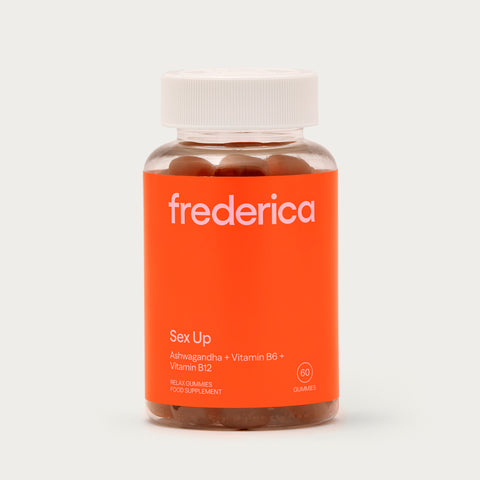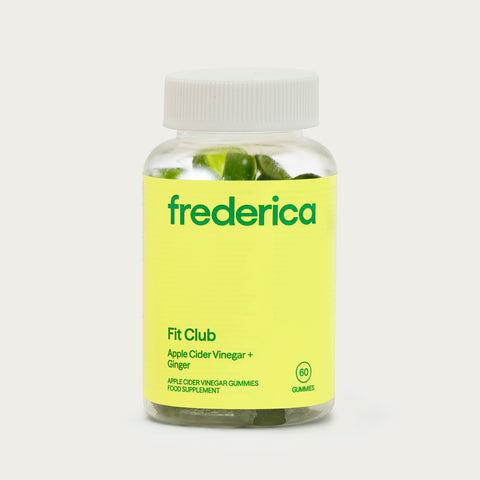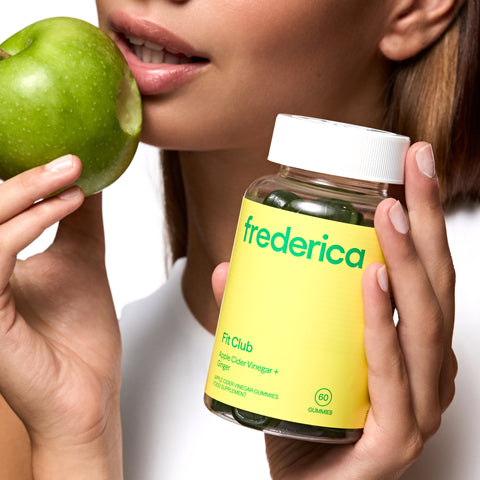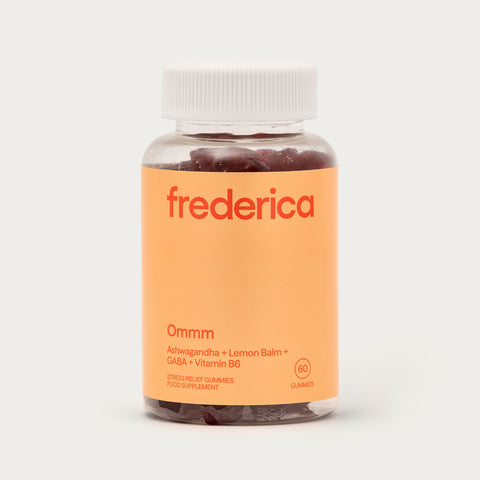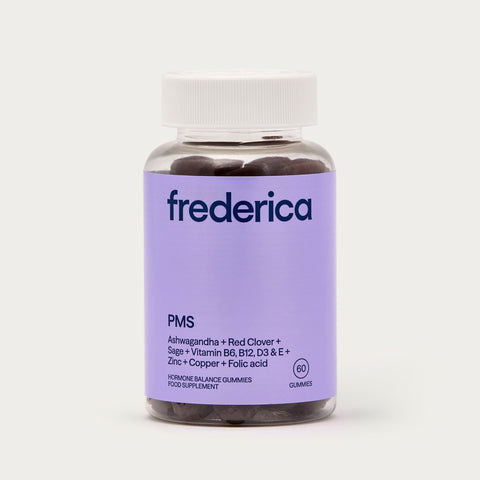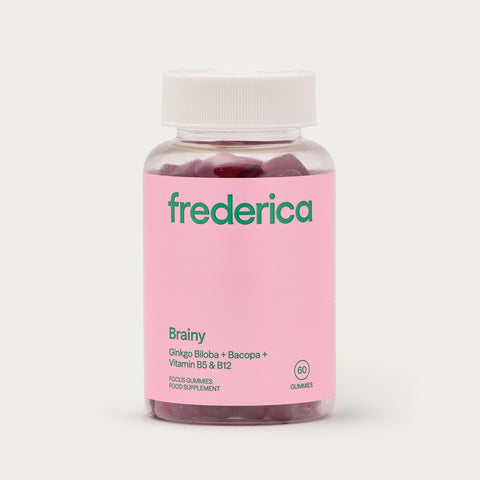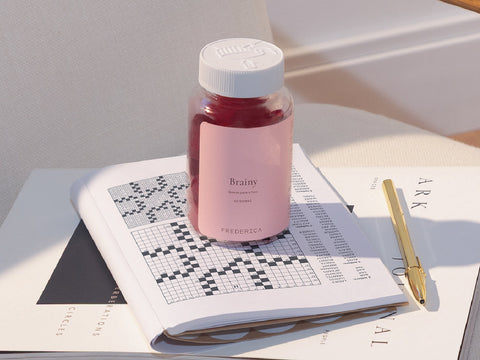It features blueberries, hibiscus, rosehips, sage, and a hint of mint, promising a moment of serenity and flavor in these disconcerting times. If you cherish that precious time you save for yourself and the small pleasures in life—like enjoying a cup of tea—then this is the comforting beverage you'll want to savor in the comfort of your own home.
All of the ingredients mentioned above are packed with health benefits. Now, imagine being able to combine them all in a cup. Learn a little about their unique nutritional qualities.
Blueberry
Sweet, colorful, nutritious, and very popular, blueberries are incredibly healthy. Classified as a superfood, they're low in calories, boost heart health, and are the king of antioxidants, protecting the body from free radicals.
According to Healthline , blueberries can also help brain function and improve memory. Blueberry tea, in turn, contains gallic acid, a natural antioxidant with anti-inflammatory and anti-allergy properties.
Hibiscus
Colorful and cultivated worldwide, the hibiscus flower is known for its medicinal properties, especially when used in teas. Some studies suggest that hibiscus tea helps lower blood pressure and control cholesterol.
Other research suggests that hibiscus may aid weight loss, improve heart and liver health, and help fight certain bacteria. Because it contains flavonoids and anthocyanins, which have antioxidant properties, this plant may also support heart health.
Drinking hibiscus tea can help alleviate digestive issues, such as stomach pain, as it helps relax the smooth muscles in the intestine.
Rosehip
Besides being beautiful, the fruit bulbs that appear beneath the roses are rich in nutrients and antioxidants. Rosehips—a type of fruit that grows on the rose plant—are commonly used in teas, whose flavor has a slightly floral note.
The high levels of antioxidants present in this fruit transform any tea into a drink capable of strengthening the immune system, aiding weight loss, and improving the appearance of the skin, combating aging, thanks to the presence of vitamins C and A.
Sage
It was used for culinary and medicinal purposes in ancient Greece and Egypt, but today it's used to combat sore throats, memory loss, and digestive problems. Sage is a plant used to add a special touch of flavor to certain dishes, but it's when we use it in tea that we truly understand its full potential.
Packed with antioxidants and anti-inflammatory compounds, sage tea promotes skin health while also reducing the risk of heart disease.
Mint
Mint leaves offer a healthy way to add flavor to meals without resorting to seasonings that pose health risks. Very low in calories, these leaves help lower cholesterol levels and reduce the risk of obesity, while also providing a considerable amount of vitamin A, as well as small amounts of other vitamins, which improve skin appearance and slow aging.
When added to tea, mint can help improve digestion, freshen breath, and improve concentration, reducing headaches and improving allergy symptoms.


